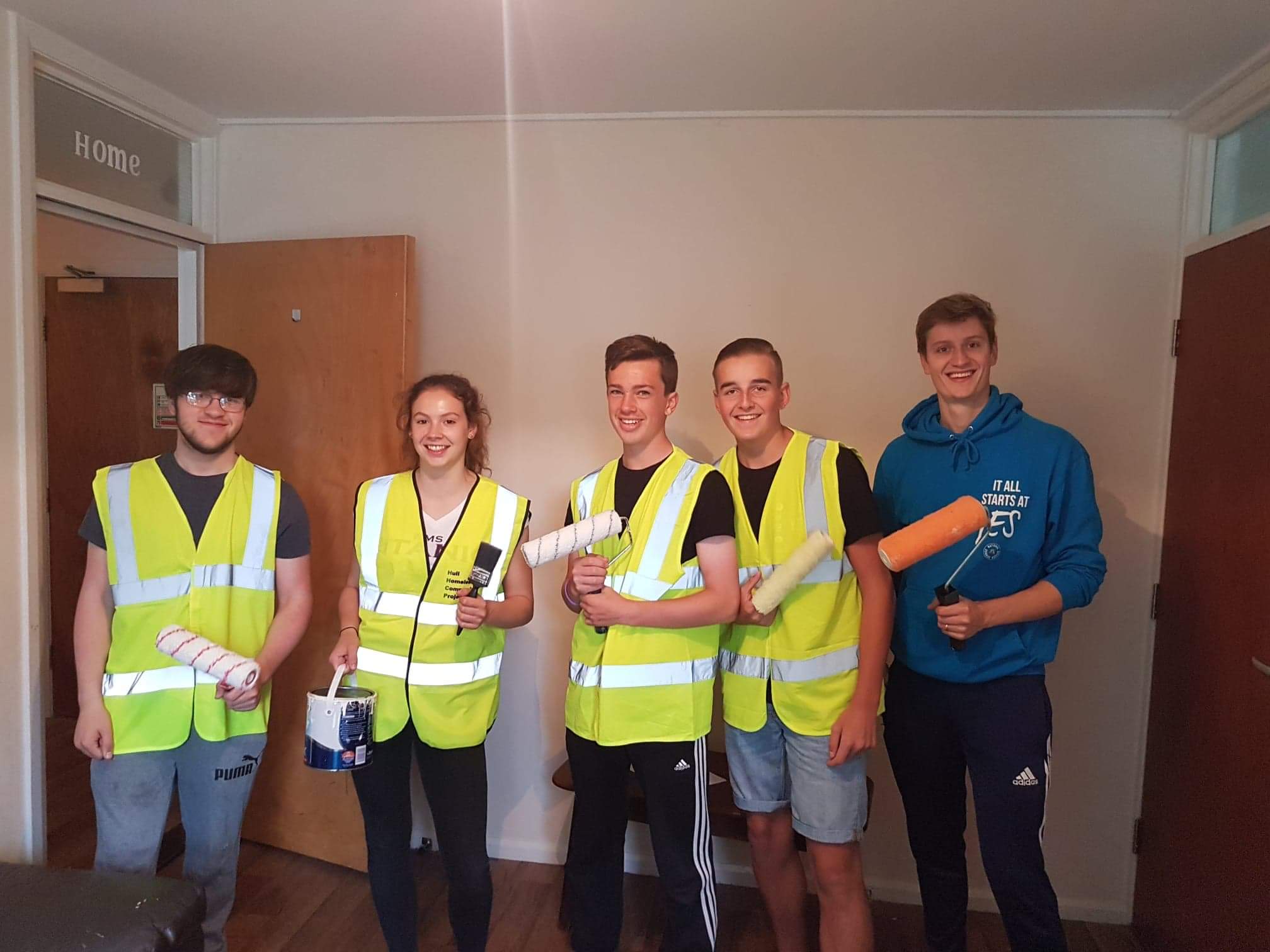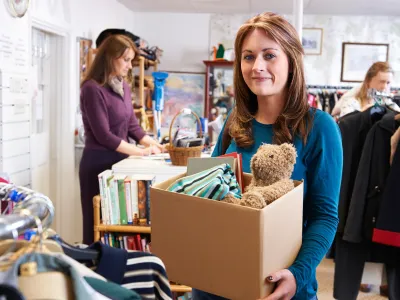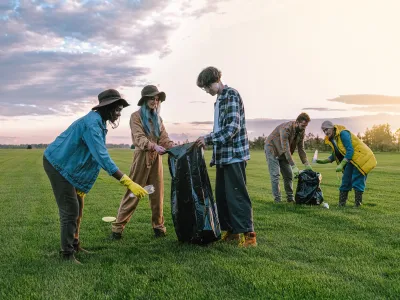
How To Help Out Homeless Charities Right Now
Include this article in your Skills Builder Journal. It could help you develop... ![]()
![]()
![]()
If you’re looking for a way to volunteer in your local community but aren’t quite sure how, why not consider your local homelessness charity. We caught up with Andrew, Founder & CEO of Hull Homeless Community Project, and asked how you can get involved with and support. Here’s what he had to say:
What do homelessness charities do?
Homelessness charities across the UK embark on a vast array of different activities. Some work exclusively with rough sleepers, some with young people, others with families or with at-risk women. Homelessness is a complex and diverse social issue that can affect anyone at any time.
But typically, charities work under two main areas: preventing homelessness and relief of homelessness.
Charities preventing homelessness typically work with people who are in crisis for any reason, such as unemployment, family breakdown, abuse, poor mental or physical health. The aim is to support the individual through the crisis period, ensuring that their housing/accommodation needs are met or that the current crisis does not lead to homelessness or destitution.
Charities who work to relieve homelessness typically work with people who are currently homeless and need support to get back on their feet. Work involves finding, securing and helping people access safe accommodation or housing and helping ensure they can maintain this.

Tell us a little bit about what Hull Homeless Community Project does:
Our mission is to support those affected by, at risk of, or are currently homeless. We have no ‘typical’ client, we support anyone in crisis, who is threatened by homelessness or is currently homeless and wishes to make a change.
In partnership with the Together Women Project (TWP) and Humberside Probation Service, we provide weekly drop-in services for vulnerable women. The service ranges from finding accommodation, practical support such as sourcing furniture and white goods, grant finding, probation support, helping with benefits or rent arrears, food parcels, or simply a non-judgmental ear to talk to.
With families and children, we work with organisations like social services, family shelters and the courts. We provide accommodation support and help support families into independent living. By helping people settle back into independence successfully, it minimises the risk of them returning to homelessness. We also provide Community Outreach, ensuring they stay on track, do not feel abandoned and don’t start to struggle.
Our approach to rough sleepers is quite different to many services. We do more than simply checking to ensure they are safe, but we also provide advocacy and companionship. This could be arranging appointments for them, ensuring they meet appointments and also taking them if needed. We arrange social activities and provide volunteering opportunities for those making positive next steps. Unfortunately, street homelessness is just the tip of a very large iceberg. Many different people can be and are affected by issues that can mean they end up in a homeless situation or at the very least at risk of becoming homeless.
Can I volunteer at a homelessness charity, while social distancing?
Yes you can still volunteer! Many places are starting to open up to new volunteers again and planning for new projects this year. Charities are developing new ways of working and many volunteering opportunities may be more remote than they used to be, such as fundraising or raising awareness for a cause or particular charity. Those wishing to volunteer should think about how much time they can realistically commit and speak to their nearest charity for more guidance.

What types of things can I do to help right now?
As the world attempts to return to normal, new issues are constantly arising for people in crisis, those affected by homelessness, and those who are trying to recover from abuse, neglect and destitution - things around safe housing, face to face support, advocacy and overcoming prejudice in society. Get in touch with your local charity first and see if they have any volunteer opportunities yet and what they need. Every charity has a different focus and it might be surprising what they actually need, or don't.
What about donating? Are there things that are needed or things to avoid?
Charities always need donations in some form or another. Currently, because of national lockdowns and it being harder to donate some things than others, charities are overwhelmed with offers of donations of things like clothing, bedding and household items. So it may be worth thinking of alternative causes that could make use of items that support sustainability, recycling or possible foreign aid. Due to COVID-19, charities across the country have suffered a dramatic fall in fundraising because of events being cancelled. Looking for ways to pair raising awareness of a particular issue while raising much needed funds for a charity is needed more than ever right now.
What is the best way to get in touch with my local homelessness charity?
The best way would be to visit websites and look for email addresses and numbers to call. If this doesn’t work, then try social media accounts. I would avoid social media in the first instance as most charities will be extremely busy and may not be regularly checking their social accounts for messages.
Our website also has a list of official organisations who are registered with the charities commission that you can look at and use to get in touch with.




